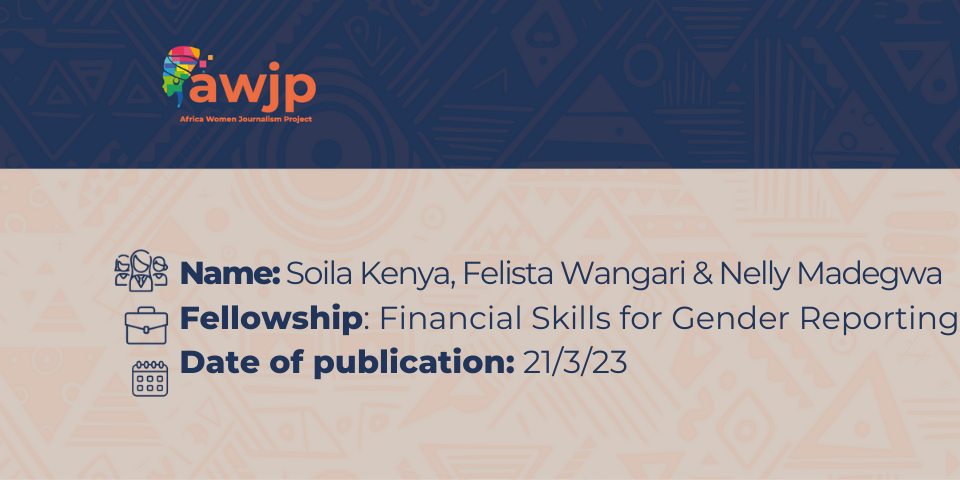By Soila Kenya, Felista Wangari & Nelly Madegwa
Four AWJP network journalists – Soila Kenya, Nelly Madegwa, Sharon Mutia and Wakini Njogu – participated in the Finance Uncovered (FU) Follow the Money financial investigative journalism training for seven weeks from November to December 2022. We learned how to understand and interpret company accounts through a combination of self-paced learning as well as weekly virtual workshops led by the FU team – Nick Matthiason, Ted Jeory and Malia Politzer.
We went over everything from profit and loss statements to understanding how balance sheets work. To understand these financial statements we used real company accounts throughout the course. This prompted us to scrutinise the annual reports of two UK tea companies with Kenyan subsidiaries—Williamson Tea and James Finlay (Kenya) Ltd.
We discovered that these companies, relics of the colonial era, profited from poorly paid women tea pickers (who earn as little as Ksh. 689 per day according to one of the women we interviewed) while reaping massive profits for their top management.
As a result, the Elephant, ( an online news and investigative story outlet) publishing our story ‘UK Tea Firms Fail in Closing Gender Pay Gap in Their Kenyan Holdings to commemorate the 2023 International Women’s Day. The story also marked the launch of the AWJP and FU’s #WhatsThatWage? campaign. The two organisations have joined forces to raise awareness of the gender pay gap and compel companies to produce regular reports that disclose gender pay disparities and gaps across various divisions of their business — Executive, Management, and General — from which calculations can be made to allow the public to see if there are gender pay disparities and gaps.
Our research revealed that UK firms with 250 or more employees are required to publish and report their gender pay gap. UK companies that operate or have subsidiaries in other countries such as Finlays which owns Finlays Kenya Limited, are not required to report the gender pay gap in their subsidiaries. This allows the economic abuse of women and other forms of GBV as women make up 32 per cent of the workforce. Meanwhile, for example, the three topmost executives at Williamson were paid in total Ksh. 49,112,000.
We also exposed a “hypocrisy gap”— where Finlays boasted it had launched the Finlays Women in Business programme to provide “opportunity, fairness and equality” and empower its female employees ‘find their voice”. This programme, however, excludes the thousands of women employed by its Kenyan subsidiary James Finlay (Kenya) Ltd.
While working on our story, the BBC aired a shocking documentary ‘Sex For Work’ which which exposed widespread sexual abuse of women working at tea companies such as James Finlays Kenya Limited, which supplies some of the UK’s most popular tea brands.
These glaring disparities are in line with the theme of this year’s International Women’s Day theme, Embracing Equity, gave us an opportunity to highlight the injustices in the tea sector that have persisted for decades.
Between January and March 8th 2023, which is International Women’s Day, the team worked on the project with Nelly Madegwa as the main journalist and writer, Soila Kenya and Sharon Mutia as researchers, Felista Wangari as the editor, Ezra Otieno as the graphics designer and Catherine Gicheru and Naima Mungai as project leads.
The story is also accompanied by a campaign dubbed #WhatsThatWage that will try to compel multi- national companies in the agricultural sector to disclose the pay scale and ranges in their companies. The hope is for the campaign to run throughout the year as more stories are written and more companies are investigated.

